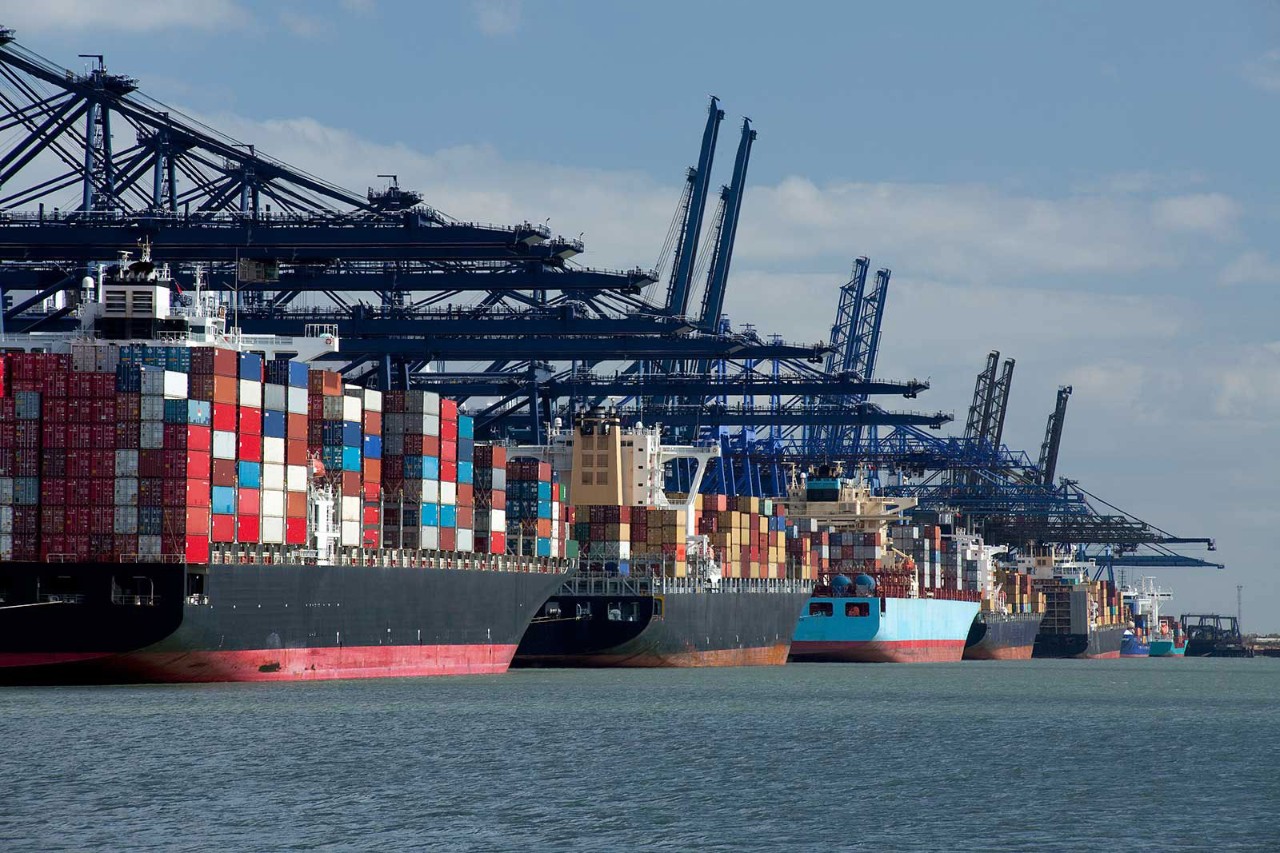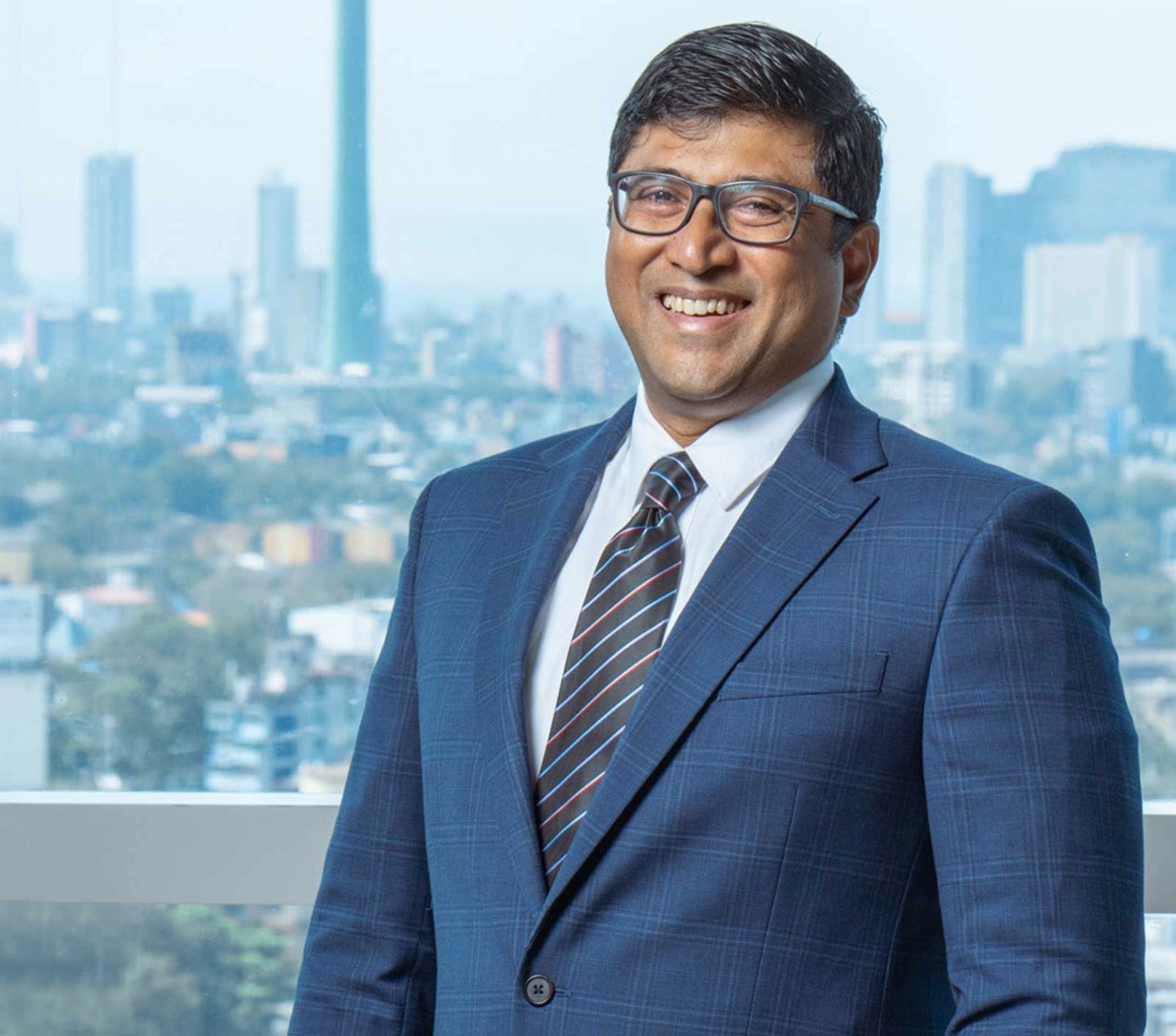
A look ahead at 2024 may not necessarily inspire optimism. There is much to concern the casual observer: ongoing wars, a sluggish global economy, fast-paced developments in technology, and concerns about climate change all combine to cast a shadow over the coming year.
But there is also reason to be hopeful, not least for accountants. The next 12 months may present economic risks but also opportunities; artificial intelligence could be a driver of change rather than unemployment, while responding to climate change places accountants in a central role.
‘I wish I was starting my career again today; that’s how I feel about the prospects for accountants’
On this last point Lee White FCCA, the current IFRS Foundation managing director and soon-to-be chief executive of the International Federation of Accountants, is emphatic: ‘I wish I was starting my career again today. That’s how I feel about the prospects for accountants and the global accounting profession,’ he says. (An interview with White on these themes will be published in AB in March.)
Global threats
That there are risks is abundantly clear. George Lagarias, chief economist with Mazars, points to the potential for deterioration in the position of inflation, geopolitics, the cohesion of the EU and the Chinese economy as issues to ‘worry more’ about in the coming year.
Downside risk is also a concern for Jonathan Ashworth, ACCA’s chief economist, who believes central banks remain concerned about inflation and are therefore less likely to rush into early interest rate cuts. That view is underpinned by recent research in which Ashworth found that, though accountants are a little less concerned about rising costs, their worries remain higher than at any time since 2013.
‘The key message,’ says Ashworth, ‘is that we can expect below-average global growth, risks on the downside and borrowing costs still being elevated compared with the levels of the past decade or so.’
Any professional services firms involved in restructuring, insolvency and M&A could benefit
Any upside from a cut in rates this year is unlikely to land until 2025. But according to Lagarias, one of the few sectors still doing brisk business is professional services.
‘Delinquency rates’, he observes, are back to levels last seen – in the UK at least – in 2008 after the global financial crisis. Any professional services firms involved in restructuring, insolvency and M&A could therefore benefit.
Tech opportunity
One sector that isn’t waiting on economic upticks is artificial intelligence (AI). After the launch of ChatGPT in 2022, AI seemed on an accelerated development curve, raising concerns about an existential threat to humanity. More prosaic, however, is AI’s threat to jobs, including professional accountants.
Experts are agreed jobs may go, particularly those that involve repetitive tasks. But Bonnie Buchanan, professor of finance and director of Surrey University’s Sustainable and Explainable Fintech Centre, says AI will help accountants improve their processes, control costs and optimise the use of capital, but it won’t destroy accountancy.
‘New accounting software didn’t eradicate the profession. We just found other ways to deploy our skills’
‘If you think that, decades ago, when a lot of new accounting software came out you could just buy off-the-shelf, that still didn’t eradicate the profession,’ she says. ‘We just found other ways to deploy our skills.’
Humans will still be needed to be make the ‘final call’ on decisions made by AI but also on ‘how we’re using the data to train an algorithm, train the system overall, looking at its precision, making sure that it doesn’t include and perpetuate particular biases,’ Buchanan says.
That means accountants may need a broader range of skills and knowledge, including data analytics, programming, law, geopolitics and knowledge of how economies are destabilised. Face-to-face communication skills will remain at a premium.
‘How does AI affect the balance of the type of people we recruit and the culture of an organisation?’
Randall Peterson, professor of organisational behaviour at London Business School, believes AI could affect the leadership and structure of accountancy firms. He says that AI has already caused firms to adjust their recruitment strategies because they no longer need scores of people to ‘crunch numbers’. That means a smaller pool of people to choose from for partner roles and implications for how firms will recruit and promote.
‘If you think about accounting firms that hire lots of people who are very quantitative,’ says Peterson, ‘and we’re no longer going to hire all those highly quantitative people, the questions is: how does that affect the balance of the type of people recruited and the culture of an organisation?’
Sustainability focus
Another area where accountants will feel the difference is the increasing use of sustainability standards. Whether it is IFRS S1 and S2, or the EU’s Corporate Sustainability Reporting Directive (CSRD), many jurisdictions will be moving to make sustainability reporting mandatory and a permanent fixture of the disclosures landscape.
‘Sustainability will offer a very different sense of value proposition for accountants’
Accountants will occupy a key position to not only lead the reporting effort but also in the mandatory assurance that is bound to follow. Already, CSRD will require limited assurances.
White believes that sustainability reporting will play to the key strengths of accountants on ethics, integrity and working in the public interest, offering ‘a very different sense of value proposition for accountants’.
Meanwhile, Richard Barker, professor of accounting at Saïd Business School, warns that it is early days and sustainability reporting has yet to create the ‘hugely developed infrastructure and high level of expertise’ that exists in financial reporting. But, he adds, mandatory sustainability reporting is ‘all moving in one direction’.
The shift is imminent, demanding that finance professionals adapt. ‘Accountants are going to have to shift their thinking quite considerably to be effective in this space and make a difference in sustainability,’ says Carol Adams, professor of accounting at Durham Business School and chair of the Global Sustainability Standards Board.
However, Adams says finance professionals should go a step further to make a difference, considering not only how sustainability affects their organisations but also how their organisations have an impact on the outside world. Without that, says Adams, ‘you’re missing the bigger picture about the impact we are having on sustainable development’.
With risks and opportunities in so many conflicting areas, the coming year will be a test.



